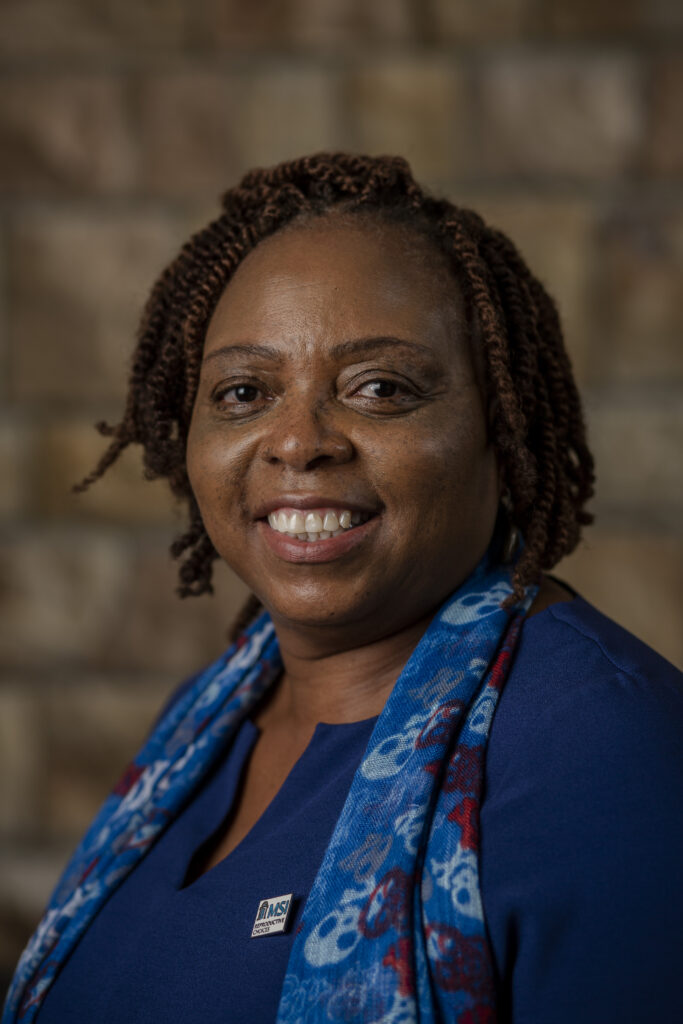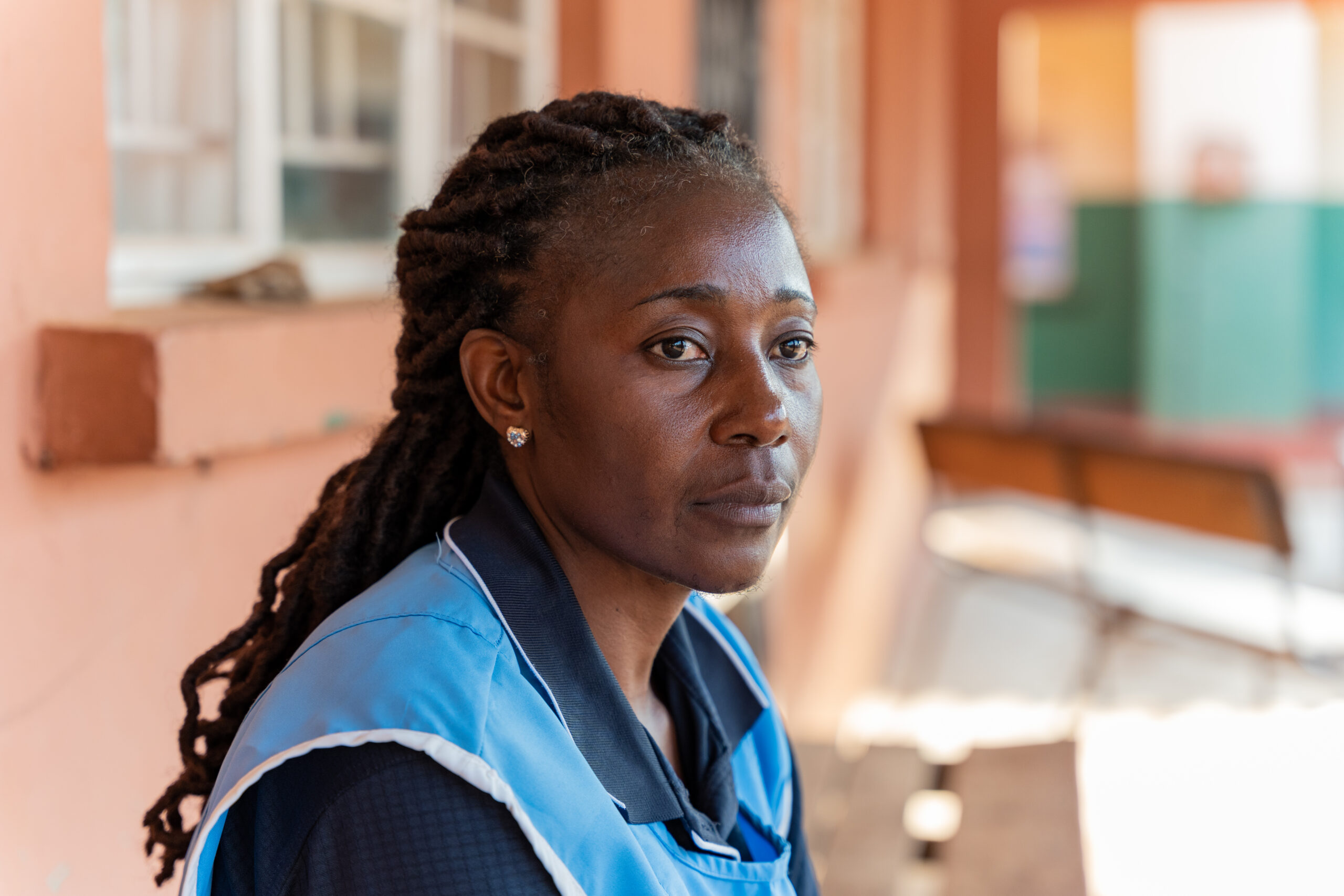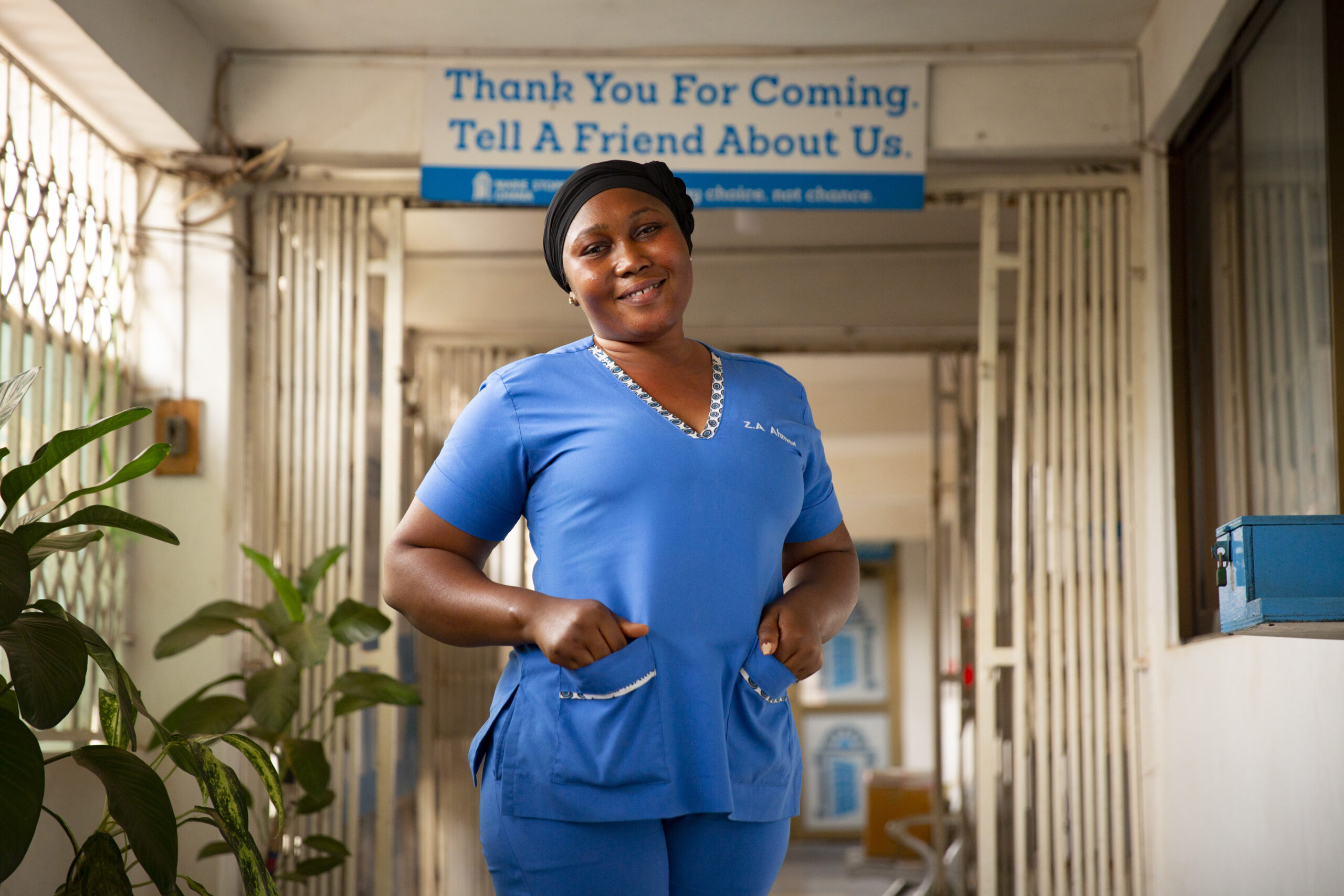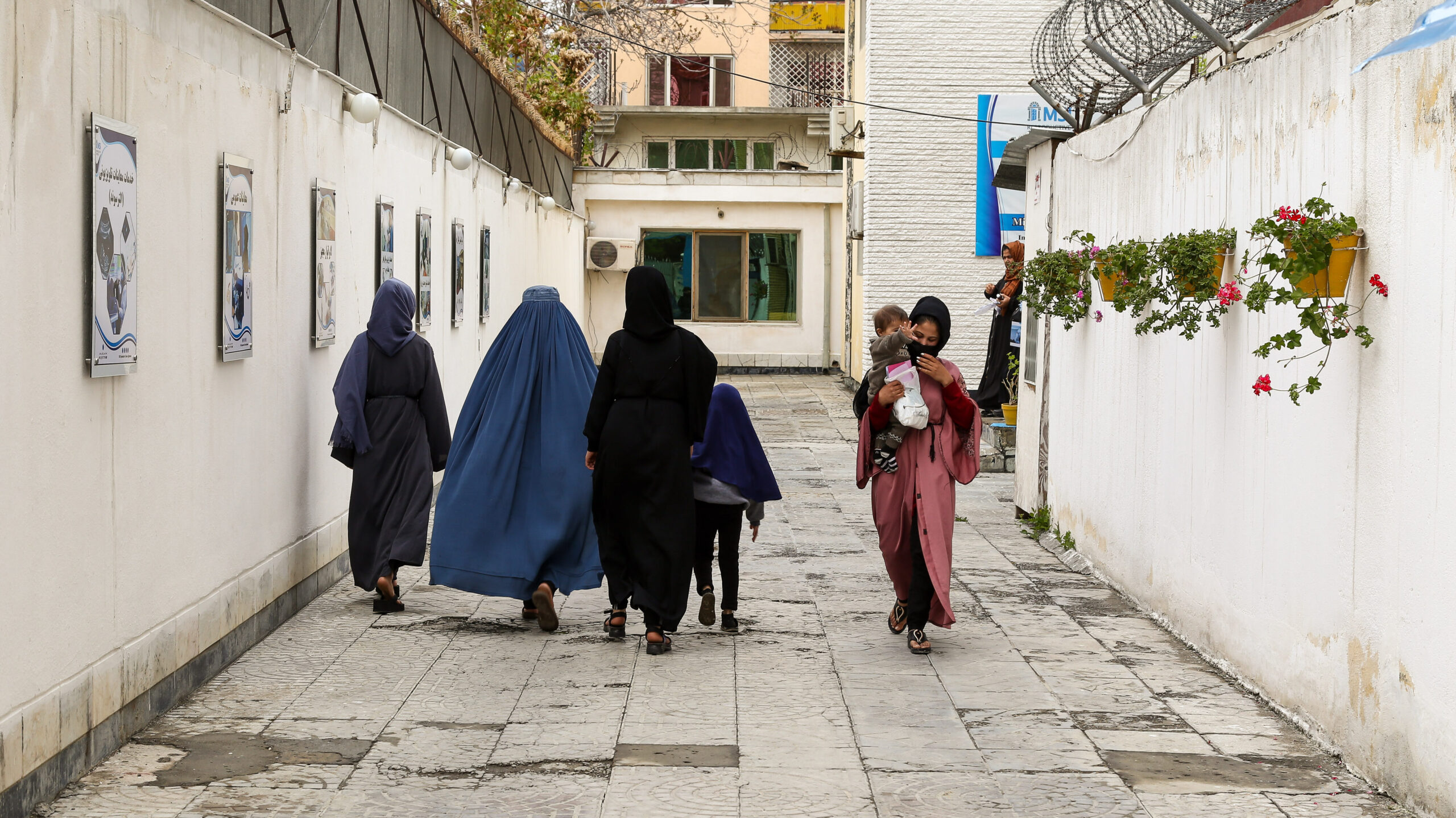Pester Siraha, Country Director of MSI Zimbabwe, writes about her career and journey into a leadership position at MSI.

I am a woman working in healthcare, and I am a leader. I wish that wasn’t a rare statement, but the reality is that women are estimated to hold only 25% of senior roles in global health, despite making up 70% of its workforce. I’d like to share a bit more about my journey to becoming a leader at MSI Reproductive Choices, and how MSI is investing in women leaders like me.
My career path as a nurse, midwife, and public health specialist eventually led me to join MSI Reproductive Choices back in 2012—and I’ve never looked back.
I used to work in HIV programmes where I’d ask women if they knew how they got HIV, if they knew what contraception was, or if they could tell me how many children they wanted—to which the answers were often “I don’t know” and “you’ll have to ask my husband.” It would keep me up at night. How can I empower these women? When a role came up at MSI, I jumped at the chance, knowing its mission to empower women with reproductive choice was something I wanted to be part of.
I quickly realised that MSI is committed to supporting women leaders across its country programmes, and this organisational priority felt significant to me. It became a standout reason for me to stay and grow within MSI.
I started as a Social Franchise Manager in Zimbabwe and worked hard to create the new programme from scratch. The Country Director saw my passion and skillset and he supported me to advance into a more senior role within my first two years. I became Director of Grants and External Relations and was not only the youngest in the senior leadership team, but also the only woman.
It was during this time that I established an advocacy unit which meant I was working with external partners and advocating at the government level. I was doing a good job, but I felt like I had to put in extra effort to prove to my male counterparts that I had the knowledge and skills to do my job well. I always felt like they weren’t used to working alongside a woman leader.
Then, suddenly, I was thrown into the deep end. My boss left and the Board asked me to be Acting Country Director. I said “OK, I’ll do it,” knowing that they had confidence in me, and I needed to believe in myself. But I knew I wasn’t ready to take on the job permanently. I wanted to see how MSI operated in other countries first. That’s one of the best things about working at MSI—we’re locally-driven but being part of a global organisation allows us to look past our immediate context and learn best practices from around the world. I got the courage up to ask for what I needed, and I got it: a job in Malawi as a Senior Operations Director to gain a new perspective.
It was in Malawi that I heard about MSI’s Advanced Leadership Programme and asked to take part. I met inspiring people and gained varying perspectives of leadership. The workshops had me reflecting deeply and carving out an intentional direction for my career and personal development. It gave me clarity of purpose and a better understanding of my strengths and areas for growth. It was a pivotal course and instilled a new sense of confidence in me.
But my confidence came about in other, less formal, ways too. My boss once told me, “You are one of the best people I have seen in this job.” Getting that feedback and having my strengths highlighted to me gave me a renewed energy to keep aiming higher. I was also mentored by the Country Director in Malawi who knew that I was aiming for a top job and gave me difficult tasks like leading meetings with the Board and decision-makers so I could gain the experience I needed. These relationships helped me get to where I am today.
The combination of the formal training I received and the informal coaching and support I had from others meant that it didn’t take long for me to take my place at the helm.
I’m now the Country Director in Zimbabwe, and it’s a great privilege of my life to be in a decision-making position, influencing Zimbabwe’s programme as well as global reproductive healthcare.
At MSI you can truly see the impact of your work, you can see things changing for the better for women and girls and communities, and that’s what keeps me motivated day in and day out.
Championing women in leadership at MSI
Having been supported to overcome challenges and rise in my career, I now feel it is my duty to help lift up other women. I make sure I extend down the ladder, giving one-to-one support to my senior leadership team and being a role model for other ambitious women. I encourage them to be honest with me about their goals and to challenge me because that’s how we both grow.
I feel it’s important too that we are enabling women with formal opportunities to access information and opportunities. If we’re serious about supporting women’s inclusion and achieving 50% female representation in senior management, then we must take deliberate action to cultivate it and to dismantle the systemic gender inequality in healthcare. In support of MSI’s strategic commitments to supporting women’s career development, MSI is now running a Women in Leadership course which aims to encourage and promote women globally. The first one was held in Zimbabwe in 2020 and now almost every country programme in Africa has participated. Next year MSI aims to bring the programme to our country programmes in Asia, and eventually to every country.
The gender leadership gap in public health remains a serious problem. Driven by stereotypes, discrimination, and gender power imbalance, it’s ultimately worsening outcomes for us all. A wealth of data shows health systems function better when women have an equal say in both their design and delivery. We have talent, unique perspectives and knowledge that can enrich leadership and lead to more sustainable decision-making.
In Zimbabwe we’re bucking the trend. I’m proud of the advances we’ve made in female representation in our leadership team and how women’s progress here has been supported by the global MSI network and the Women in Leadership programme. Since being the only woman in the room less than a decade ago, I’m now surrounded by smart, capable women who make up the majority of my senior leadership team.
MSI is working to leave no one behind in accessing the sexual and reproductive healthcare services they need, and it’s important we equally aim to leave no one behind in leadership and decision-making. That requires a commitment to diversity and gender equity, one that MSI have made in our global strategy and will continue to hold ourselves accountable to.








